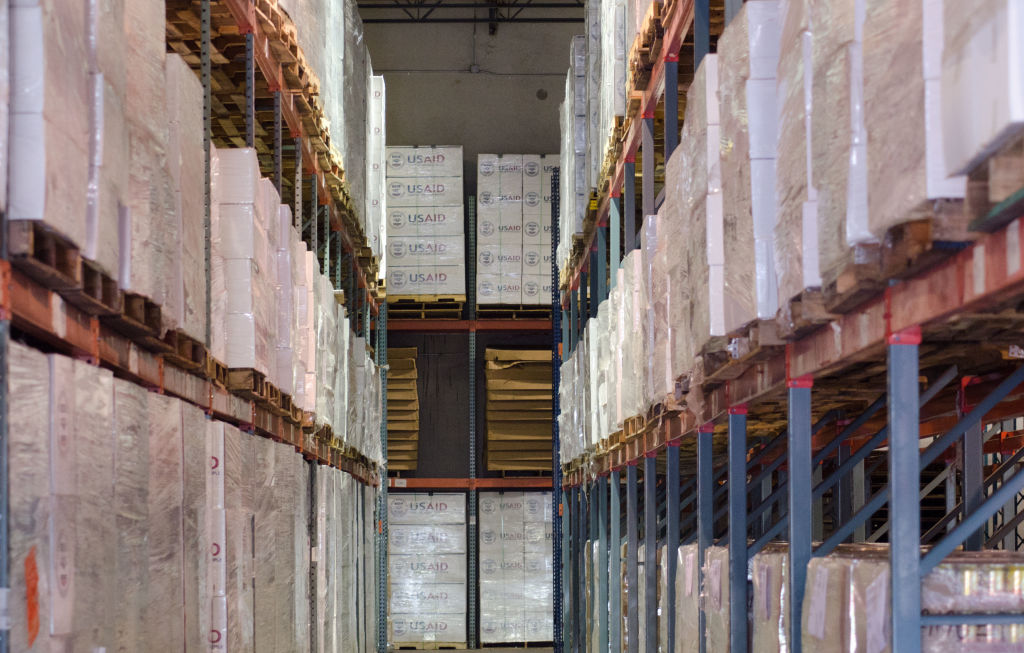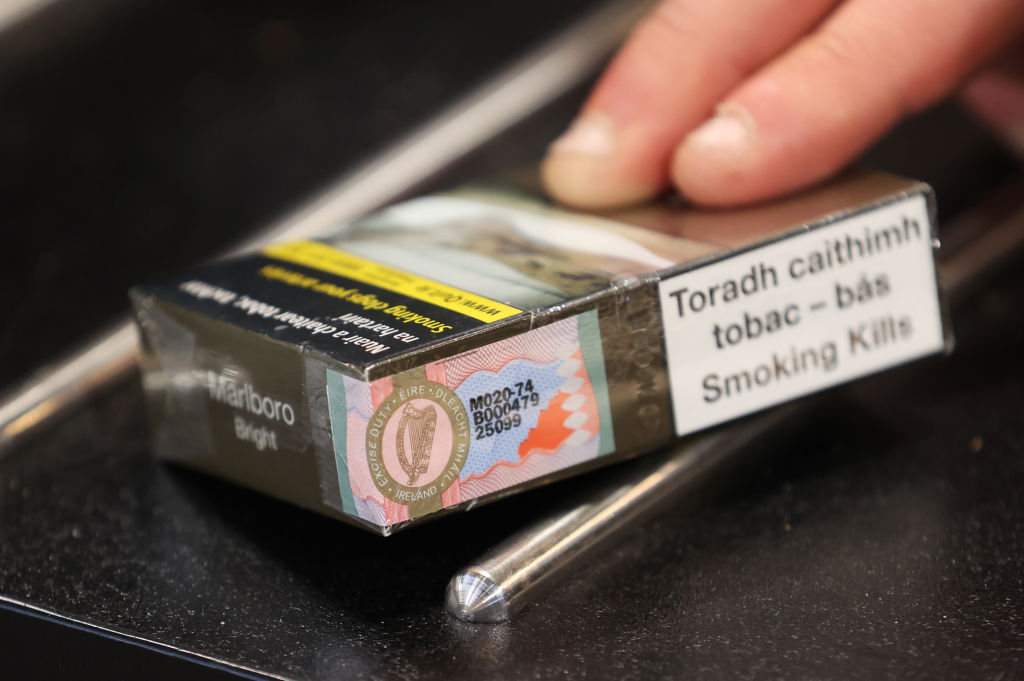Hungarian Health Commissioner eyeing EU-wide ‘chips tax’ – though it arguably failed at home
Olivér Várhelyi’s push for a health-focused levy comes as evidence from Hungary casts doubt on its long-term impact

EU Health Commissioner Olivér Várhelyi is eyeing a Europe-wide levy on products high in sugar, fat and salt – similar to a tax in his home country, Hungary, where a study found it had no lasting impact on unhealthy food consumption.
The public health product tax, also known as the ‘chips tax’, was introduced in Hungary in 2011. The law aims to “reduce the consumption of foods that are not beneficial to public health and to promote healthy nutrition” by taxing products high in fat, salt or sugar (HFSS), as well as sugar-sweetened beverages (SSBs) and certain types of alcohol.
Várhelyi signalled last month his openness to an EU-wide HFSS taxation system to help finance public health.
In May, the Directorate-General for Taxation and Customs Union (DG TAXUD) published a study exploring the potential of taxing unhealthy foods. Hungary was mentioned as a key example of comprehensive taxation of junk food and sugary drinks. It concluded that such measures could help to reduce non-communicable diseases (NCDs).
Another study from the WHO Regional Office for Europe, which co-financed an impact assessment evaluating the effects of the public health product tax in Hungary, cites Hungary as a successful example. According to the WHO, the tax “has achieved its public health goals in the long term”.
Hungarian study judges tax as ineffective
However, Hungarian experts have questioned the effectiveness of the Commission’s proposal based on their country’s experience.
“The tax in Hungary failed”, says Zombor Berezvai, associate professor at Corvinus University of Budapest, criticising the WHO study’s four-year observation period as too short. Together with a team of experts, Berezvai analysed consumer behaviour from one year before to seven years after the introduction of the tax.
Their study, published last year in the journal Health Policy, concludes that, “despite the tax being introduced, consumers continued to consume the same or even higher amounts of unhealthy food as before”. The proportion of affected products among daily consumer goods purchased increased from 5.9% in 2010 to 7.4% in 2018.
As the soft drink lobby UNESDA points out, obesity rates still rose regardless of the tax. “The same is true for other countries with similar taxes, such as France”, said the trade body’s director-general, Nicholas Hodac. In 2019, approximately 33% of Hungary’s population was obese, representing an increase from 29% in 2009.
Berezvai argues that a tax alone would not be enough, as other elements – such as income, food environment, and personal preferences – were not addressed.
He adds that a more complex intervention is needed, not only focused on pricing. For him, the food and drink industry has to “realise that they have to move” to produce products with less or no sugar. Another target area would be advertising bans for unhealthy foods.
However, the Commission paper stresses that “tax rates should not be at very low levels because the resulting change in consumer behaviour and associated health benefits might be too small to be identified.”
In Hungary, the tax on a 1.5-litre bottle containing a drink with more than 8 grams of added sugar per 100 millilitres is €0.09 (34.5 forints). While the first domestic seller or importer theoretically pays this tax, it is usually passed on to consumers through higher retail prices.
Hungarian politicians defend the tax as a success, at least in terms of its financial impact. The Hungarian national health strategy for 2014–2020 stated that “the introduction of the health product tax system has generated HUF 55 billion (€138.8 million) in revenue over the past three years”.
The Ministry of Finance explained that the purpose of the tax was to allocate the revenue to healthcare. “Those who attack the public health product tax would take hundreds of billions of forints of revenue away from healthcare,” the ministry wrote in a Facebook post, according to the independent Hungarian media outlet Telex.
Berezvai disagrees, arguing that from a public health perspective, it would have instead been desirable if tax revenues had decreased, thus proving the effectiveness of the measure. “The fact that the tax generated significant and ever-increasing state revenues clearly supports its failure, as it proves that the consumption of unhealthy foods has not decreased in the long term, but has even increased,” he explained.
A source close to the matter told Euractiv that the Commission estimates such a tax could generate €2-€2.5 billion in revenue each year and should be earmarked to fund public health programmes as the upcoming cardiovascular strategy.
(bms, aw)







